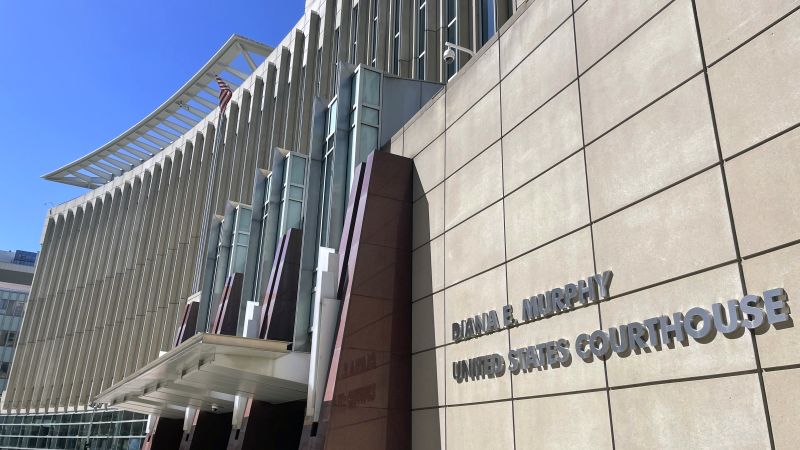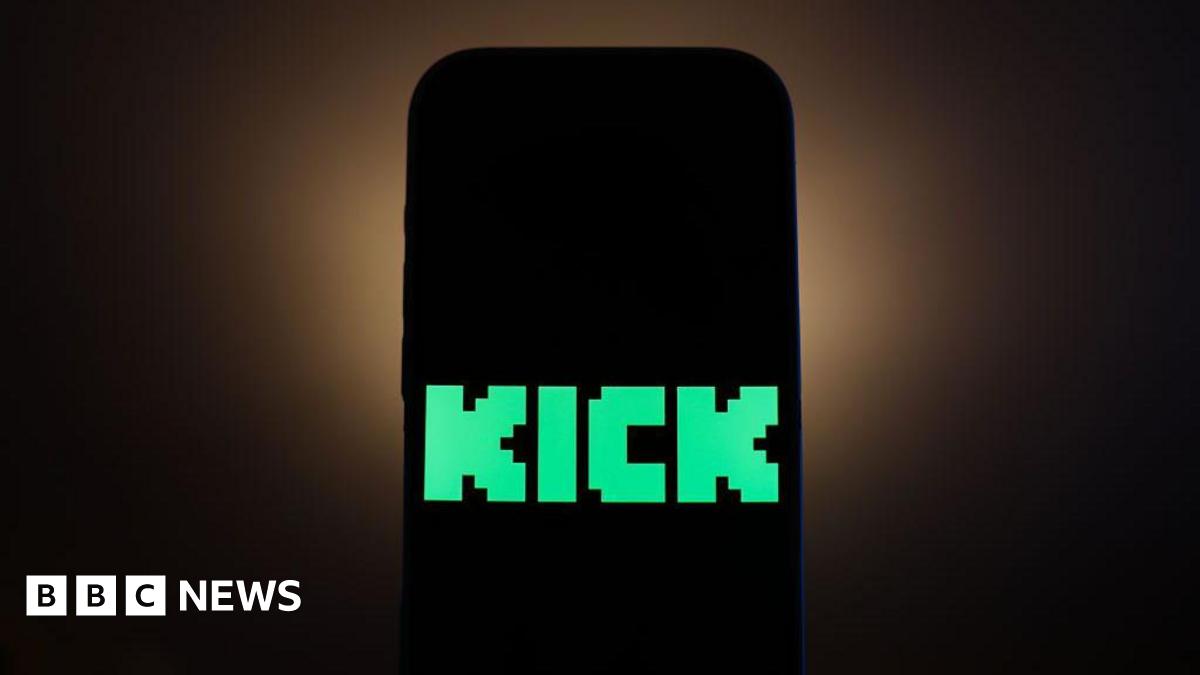Minnesota Judge Rules Religious Colleges Can Participate in College Credit Program, Overturning Faith-Based Restrictions

Minneapolis, MN – In a landmark decision with significant implications for religious institutions and educational access, a federal judge has struck down a Minnesota law that effectively barred colleges with religious affiliations from participating in a highly sought-after program allowing high school students to earn college credit. The ruling, handed down this week, paves the way for religious colleges to offer courses through the Postsecondary Enrollment Options (PSEO) program without being penalized for requiring students to affirm a statement of faith.
The PSEO program is a popular initiative in Minnesota, enabling eligible high school students to take courses at participating colleges and universities, earning both high school and college credit simultaneously. This provides students with a head start on their higher education, potentially reducing the overall cost and time required to obtain a college degree. However, a previous interpretation of state law had created a barrier for religious institutions, arguing that requiring a statement of faith was discriminatory and violated principles of equal access.
The judge's decision, based on a challenge brought by several religious colleges, found that the law was unconstitutional, infringing upon the First Amendment rights of these institutions. The ruling emphasized that requiring a statement of faith is an integral part of the colleges’ religious missions and should not be grounds for exclusion from the PSEO program. The judge reasoned that excluding these institutions based solely on their religious beliefs amounted to religious discrimination.
“This is a victory for religious freedom and academic diversity,” stated a spokesperson for one of the plaintiff colleges. “We believe that students should have the opportunity to learn in environments that align with their values, and this ruling ensures that our students can continue to benefit from the PSEO program.”
The ruling is expected to have a ripple effect across the state, potentially opening up opportunities for hundreds of students to access college-level courses at religious institutions. Legal experts predict that this decision could also influence similar cases in other states grappling with the intersection of religious freedom and public education.
While proponents of the ruling celebrate the expansion of educational options, some critics argue that it could potentially compromise the principles of inclusivity and non-discrimination. They contend that requiring a statement of faith could deter students from diverse backgrounds from participating in the program. However, supporters of the ruling maintain that the religious colleges are committed to providing a welcoming and enriching learning environment for all students.
The Minnesota Department of Education is currently reviewing the ruling and determining how to implement the court’s decision. It is anticipated that updated guidelines will be released soon to ensure compliance with the new legal landscape. The PSEO program remains a vital resource for Minnesota students, and this ruling ensures its continued accessibility to a wider range of institutions and students.
This case highlights the ongoing legal battles surrounding religious freedom and its application in public education. As the legal landscape continues to evolve, it is crucial to balance the rights of religious institutions with the principles of equal access and non-discrimination.





